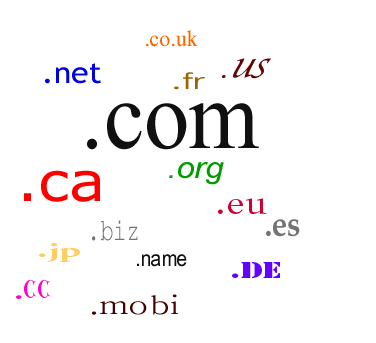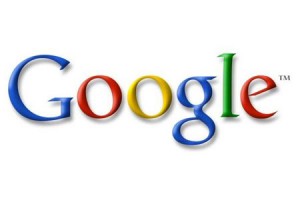As any domain owner will tell you, domain speculation is a rough game. In fact, it’s very similar to the stock market in some sense. No, the value of a domain doesn’t fluctuate with rising and falling markets, per se, but the risk of “guessing” which domains will have resell value now or later is just as high as it is on Wall Street.
When thinking about this topic, I was browsing around the Internet and came across a few articles about International domains and with the few new TLDs that have been launching auctions for previously reserved domains, it’s hard not to want to dive in head first and buy all the good domains available.
The problem? Nobody can accurately predict the value of such names and the reason for this is because there are so many factors that play into what they might actually be worth with the worst part being that these factors vary depending on who you talk to!
International Domains (ccTLD)
ccTLD is short for Country Code Top-Level Domain. These are the 2-character TLDs that were assigned to each country in the world. There were a few reasons to do this, one of which was to increase the amount of domains available for registration and also to provide each country with a domain that pertains specifically to them.
However, what this also did was allow domain speculators and other individuals who felt they missed out on the booming domain industry to start registering the same domain names that were selling for hundreds of thousands, but in a new TLD. While this sounds like a master plan, one must be reminded that every TLD is valued differently and in an industry where value is extremely subjective, this is troubling to hear.
So how does one value an International TLD?
Digital Gold Rush
The best domains aren’t always the obvious ones. For example, you might be tempted to register Business.de because Business.com sold for $7 million at one point, but you might be better off registering Geschäft.de (business in German).
Other valuable domains might be really short ones that can be used for URL shortening services like the one I got, xi.io for example. You might even be considering a “domain hack” like te.am, assu.me, ballga.me or fres.co. Whatever the case may be, you could be sitting on a gold mine or bust out like so many others who jumped on a bandwagon.
No matter the case, every time a new TLD is launched, a frenzy ensues and all over the Internet, you can see articles and postings about launch dates, sunrise periods, pre-registrations, trademark reservations, general registration, premium auctions and domain valuations. It seems that the latest trend is the premium auction feature. This is where the country or (registrar acting on behalf of the country) has decided to place a series of “premium” domains on reserved lists, generate some buzz and then release them in specialized blocks in hopes to squeeze the most value out of a domain.
No other TLD was more successful at this process than dotME.
dotME Domains
The dotME TLD comes from the country of Montenegro. Their site, Domain.me will have you believe (in short time) that dotME domains are the greatest thing since sliced bread! Their ability to promote and market their cause is unparalleled in the business.
The first thing they did was reserve thousands of domain names, marked them as premium and put them up for auction. Back in April, they auctioned off a ton of first names like Michael.me, Jack.me, Chris.me and so on. I was able to acquire Brandon.me and that’s all I needed.
On November 17th, Sedo auctioned off another large block that netted about $400,000. TheDomains.com posted a list of the top selling dotME domains if you want to check it out. While you’re at it, head on over to Domain.me and check out some of their upcoming premium auctions.
Here’s the top five from that list:
- Like.me: $26,500
- contacts.me: $15,600
- game.me: $13,100
- poker.me: $12,099
- friend.me: $10,099
What’s interesting about this list is that the domain Business.me was far down it having sold for $4010. This goes to show that not only is dotME simply not dotCOM and never will be. But another interesting point is that Business.me doesn’t seem to make sense in the dotME spectrum. The reason for this is because dotME forces the word “me” when you see it. This makes dotME perfectly suitable for personal blogs and other domains that use words that work with the word “me”.
My Two Cents
The point to this post was that International domains can be great additions to any portfolio and they might hold some value to someone somewhere, but generally speaking, the TLD will make a huge difference in the value of a domain. So when you’re out there speculating your next purchase, make note of how others might relate to your domain choices.

 any problems with this, but the whole story got me thinking about trademarks in general and the ensuing battles between stakeholders. More specifically, I started thinking about trademarks becoming genericized and what would happen to if Google™ simply became, google…
any problems with this, but the whole story got me thinking about trademarks in general and the ensuing battles between stakeholders. More specifically, I started thinking about trademarks becoming genericized and what would happen to if Google™ simply became, google…